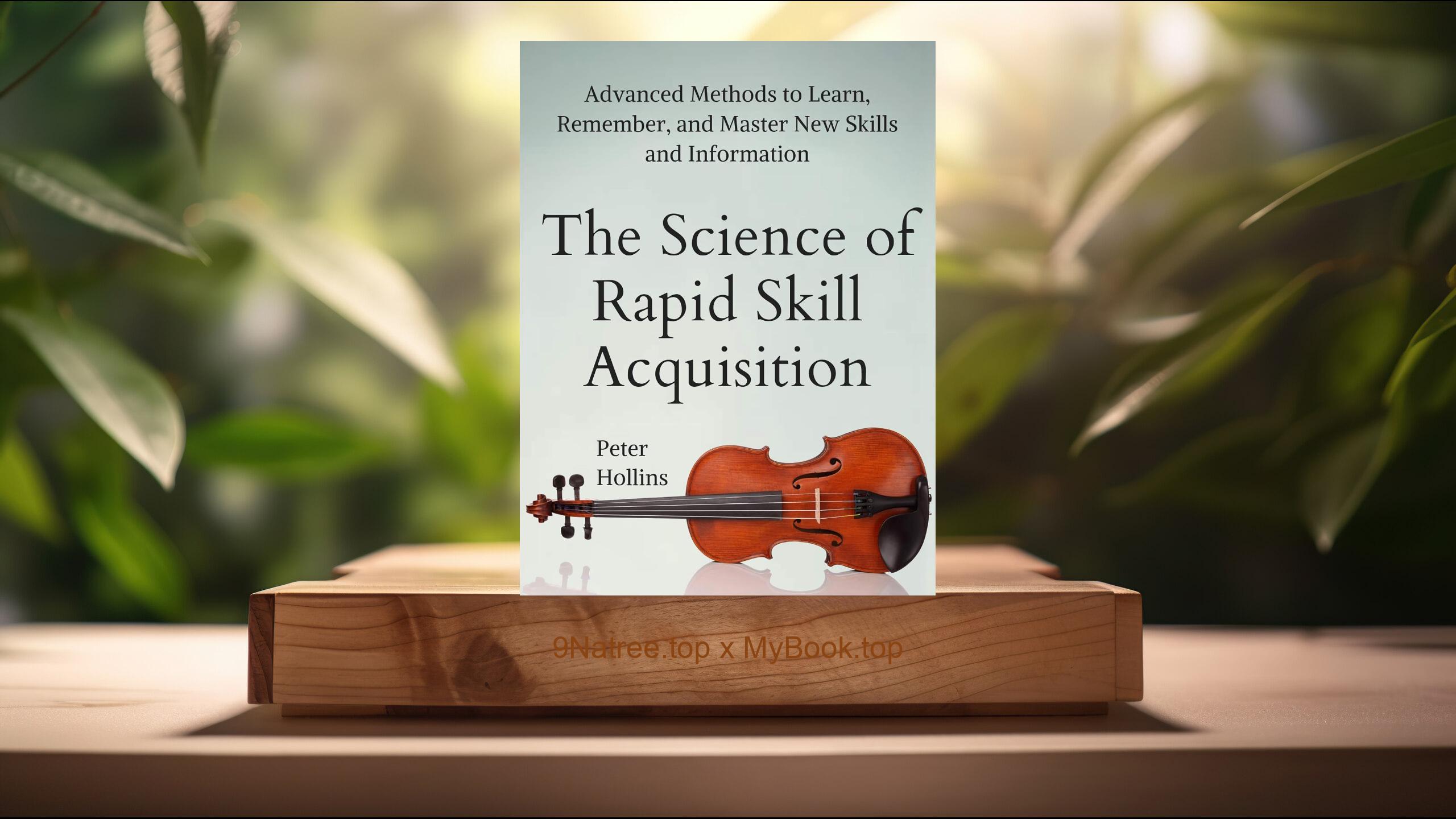Show Notes
- Amazon US Store: https://www.amazon.com/dp/B000OZ0NWQ?tag=9natree-20
- Amazon Worldwide Store: https://global.buys.trade/In-the-Heart-of-the-Sea-The-Tragedy-of-the-Whaleship-Essex-Nathaniel-Philbrick.html
- Apple Books: https://books.apple.com/us/audiobook/in-the-heart-of-the-sea-the-tragedy/id1527843198?itsct=books_box_link&itscg=30200&ls=1&at=1001l3bAw&ct=9natree
- eBay: https://www.ebay.com/sch/i.html?_nkw=In+the+Heart+of+the+Sea+The+Tragedy+of+the+Whaleship+Essex+Nathaniel+Philbrick+&mkcid=1&mkrid=711-53200-19255-0&siteid=0&campid=5339060787&customid=9natree&toolid=10001&mkevt=1
- Read more: https://mybook.top/read/B000OZ0NWQ/
#MaritimeHistory #SurvivalStory #EnvironmentalEthics #HumanPsychology #WhalingIndustry #19thCenturyNantucket #NathanielPhilbrick #IntheHeartoftheSea
These are takeaways from this book.
Firstly, The Whaling Industry of the 19th Century, In 'In the Heart of the Sea,' Nathaniel Philbrick vividly describes the whaling industry of the 19th century, painting an intricate picture of Nantucket as the epicenter of whaling activities. The narrative explores how the pursuit of whale oil propelled economic growth but also led to the exploitation of the seas. The author delves into the technological advancements in whaling ships and methods, the societal implications of whaling revenue, and the environmental impact of relentless hunting. This exploration serves as a crucial backdrop for understanding the setting from which the Essex embarked on its fateful voyage, highlighting not just the economic motivations behind whaling but also the cultural and social significance attributed to the industry during this period.
Secondly, The Tragedy of the Essex, The core of Philbrick's book centers around the catastrophic sinking of the Essex by a sperm whale, a pivotal event that challenges both the crew's survival abilities and their moral compasses. Through detailed narrative, the author transports the reader into the heart of the disaster, illustrating the immediate aftermath of the attack and the crew's initial responses. This section of the book meticulously documents the sequence of decisions made by the survivors, the division of the crew into smaller boats, and the immense challenges they faced while stranded at sea. The tragedy of the Essex becomes a critical examination of leadership under stress, the will to survive against insurmountable odds, and the ethical boundaries that become blurred in the face of extreme duress.
Thirdly, Survival at Sea, Philbrick offers an intense and detailed account of the Essex crew's struggle to survive after their ship is destroyed. This part of the tale focuses on the dire circumstances faced by the crew, from scrounging for food to combatting dehydration and exposure. The narrative reveals the psychological and physical toll of being adrift in the Pacific Ocean, including the descent into despair and the contentious decision to resort to cannibalism. By presenting the survivors' accounts and piecing together historical records, Philbrick provides a harrowing look at human endurance, the depths of despair that can lead to unimaginable choices, and the profound impact of isolation and fear on the human psyche.
Fourthly, The Impact of the Tragedy, Beyond the immediate tale of survival, 'In the Heart of the Sea' delves into the aftermath of the Essex tragedy and its wider implications. Philbrick examines how the story of the Essex influenced Herman Melville's creation of 'Moby Dick' and how it resonated within the whaling industry and broader society. This part of the book considers the changing perceptions of the natural world, the lessons learned (or not learned) in terms of safety and the exploitation of natural resources, and the narratives that emerged from the tragedy. It serves as a reflection on humanity's relationship with nature, the dangers of hubris, and the stories we tell to make sense of disasters.
Lastly, Man vs. Nature, A recurring theme throughout 'In the Heart of the Sea' is the conflict between man and nature, exemplified through the Essex's voyage and its catastrophic encounter with a sperm whale. Philbrick explores this relationship on multiple levels, from the tangible struggle for survival in an unforgiving environment to the philosophical and ethical considerations of humanity's dominance over nature. This discussion raises questions about the sustainability of resource exploitation, the ethical dimensions of hunting and consumption, and the awe-inspiring power of nature to reclaim supremacy. Through the lens of the Essex tragedy, Philbrick incites contemplation on our current environmental crises and our ongoing struggle to find a balance with the natural world.
![[Review] In the Heart of the Sea: The Tragedy of the Whaleship Essex (Nathaniel Philbrick) Summarized](https://episodes.castos.com/660078c6833215-59505987/images/1828751/c1a-085k3-25d99wv9cq20-4oknbi.jpg)




